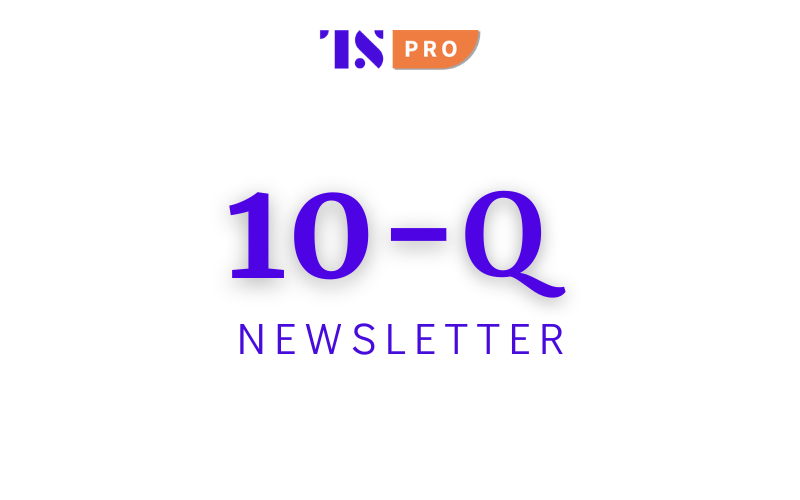The end of free banking?
- JPM's Marianne Lake is cautioning that the bank may start charging for services that are currently free, such as checking accounts and wealth management tools.
- Many interpret the announcement as a strategic power play at the intersection of politics and economics, effectively shifting the burden onto consumers.

JPM is ready to write the final chapter of free banking, but what comes next?
When a king feels threatened and restricted, it leads to confusion and repercussions for his subjects. JPMorgan Chase, the country’s largest lender, is currently dealing with a comparable power struggle.
The news: Marianne Lake, CEO of Consumer and Community Banking at JPMorgan Chase is cautioning that the bank may start charging for services that are currently free, such as checking accounts and wealth management tools. This change could affect approximately 86 million customers due to upcoming regulatory changes from Washington, which are set to impose limits on overdrafts and late fees.
These proposed regulations, which are yet to become law, would cap credit card late fees at $8 and overdraft fees at $3. Regulators also intend to impose additional restrictions on debit card fees and limit the charges levied on software companies like Venmo and CashApp for accessing and utilizing their customers’ data. Additionally, new capital requirements could force banks to hold more reserves for mortgages and credit card loans, potentially affecting lending practices and consumer credit access.
“The changes will be broad, sweeping, and significant. The people who will be most impacted are the ones who can least afford to be, and access to credit will be harder to get,” Lake told WSJ in an exclusive.
The multiple angles to consider



